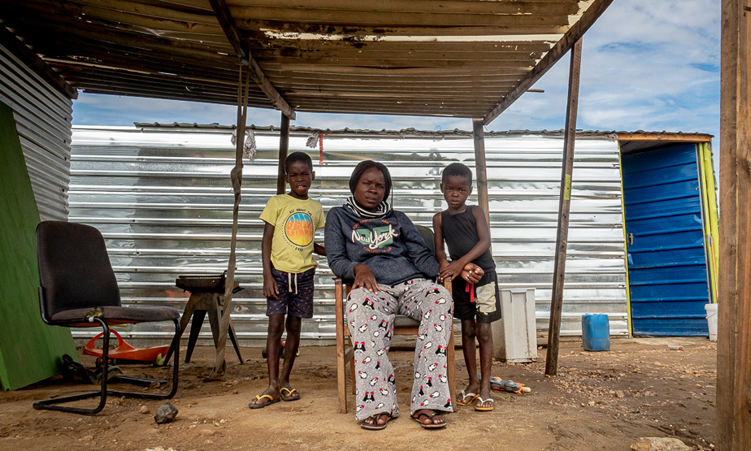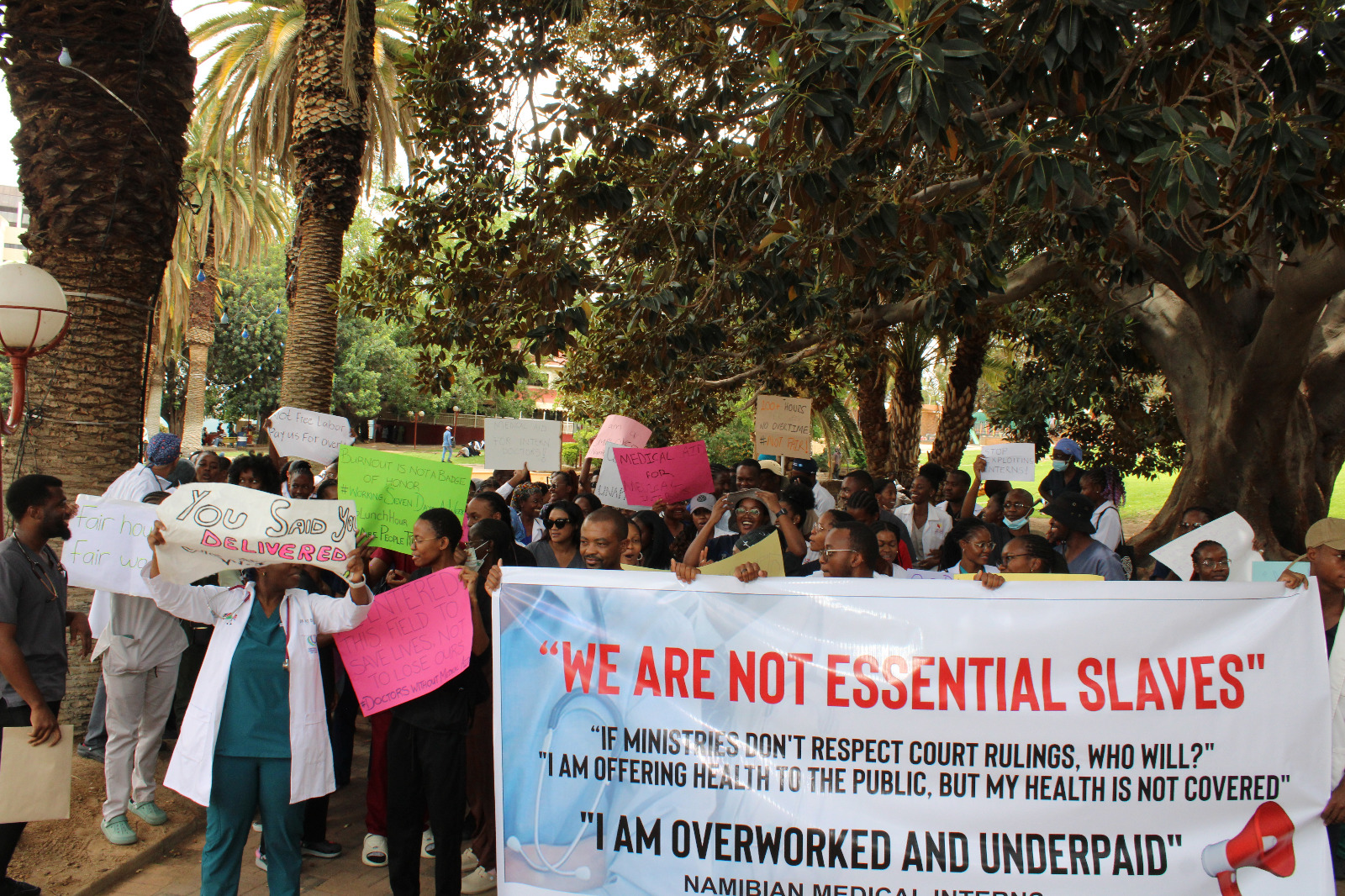Namibian households borrowed N$67 billion from financial institutions as credit to the private sector remained subdued in April 2024.
Simonis Storm Securities said borrowing trends by households grew slightly by 1,6% year-on-year (y/y).
This modest growth was a slight improvement from 1,3% recorded in March 2024, but a significant decline from 2,5% y/y growth seen in April 2023.
“The private sector credit extension remains below the six-month moving average and is the second lowest rate recorded in 2024,” said Simonis.
The securities firm noted that annual credit growth has averaged 1,8%, compared to 3,1% for the same period last year. This indicates a gradual improvement during the initial months of the year.
“The slight increase in credit extended during April 2024 can be attributed to corporate sector activity,” said Simonis.
The slower growth in credit uptake in April was offset by stagnant household credit, which remained steady at 2,2% y/y compared to the previous month. This was down from 5,0% y/y in April 2023.
Households were net re-payers of other loans and advances, which saw a negative growth of 1,4% in April 2024. However, they continued to be net borrowers in other areas, including mortgage loans (1,6% y/y), overdrafts (19,8% y/y), and instalment and leasing (6,6% y/y).
Credit uptake by the corporate sector increased to 0,6% y/y in April 2024, up from 0,1% y/y in the previous month and significantly better than the -0,8% y/y recorded in April 2023.
The primary drivers of credit extended to corporates were other loans and advances, which saw an increase of 8,3% y/y in April 2024, compared to 0,6% y/y in March 2024, Simonis added.
According to the Bank of Namibia, the increased demand for other loans and advances is primarily due to the mining and quarrying sector.
“Corporations are opting for these loans to manage short-term expenses and expanded operations. Instalment and leasing loans experienced substantial growth of 26,4% y/y in April 2024, driven by the tourism industry, particularly the automotive sector.
“In contrast, other loan categories experienced negative growth, with mortgage loans declining by 2,1% y/y and overdrafts decreasing by 16,0% y/y,” said the analysts.
Simonis believes household credit represents a substantial share of the total private sector credit.
In April 2024, household credit uptake reached N$67 billion, accounting for 55% of the total private sector credit extension.
In comparison, credit extended to corporates amounted to N$46,3 billion, constituting 38% of the total.
Additionally, the debt stock for credit uptake by non-residents was N$7,8 billion, making up 7% of the total credit extended.
Vehicle sales have continued to demonstrate a positive trend in 2024, despite the prevailing high interest rates, with a total of 4 402 units sold year-to-date (YTD).
Commercial vehicles remain the primary driver of sales this year, largely due to increased commodity explorations by local mining companies and the expansion of market share by local transport companies in regional logistics services.
Corporate instalment and leasing credit uptake has averaged 24,5% YTD, while household instalment and leasing credit uptake has averaged 6,1% YTD.
– email: matthew@namibian.com.na
Stay informed with The Namibian – your source for credible journalism. Get in-depth reporting and opinions for
only N$85 a month. Invest in journalism, invest in democracy –
Subscribe Now!






